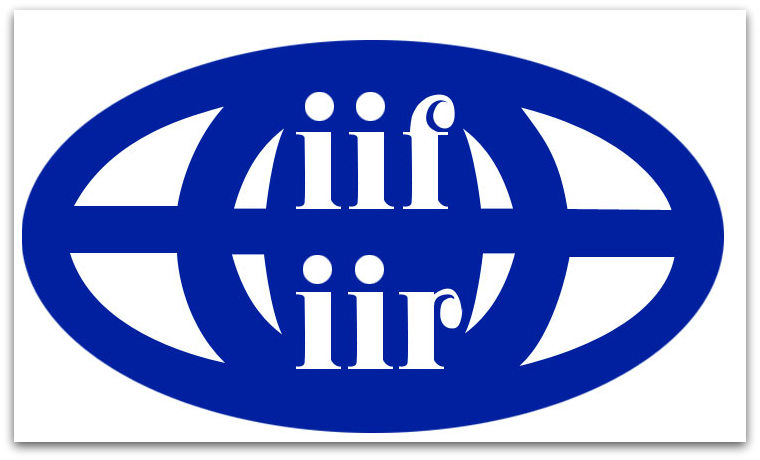Ethical code of the reviewer
Ethical code of the reviewer
- A reviewer’s evaluation of a manuscript – the analysis of the problem (sufficiency and relevance of references to previous researchers), experimental and fundamental research, and the results obtained – should be unbiased and take into account the compliance of performed work with scientific, ethic (plagiarism-free) and literary standards.
- A reviewer’s evaluation of a manuscript must contain grounds for his or her conclusions sufficient for the authors and the editors. If the reviewer claims that information presented in the manuscript has been published earlier, he or she must confirm it by appropriate references.
- Criticism of the authors’ personalities, slanderous or defamatory arguments against the authors are not allowed in a review.
- A reviewer should inform the Editorial Board and refuse to review a manuscript in the event that a conflict of interests is found between the reviewer and the authors, or the research described in the manuscript is beyond the reviewer’s scientific competence, or the authors have professional ties with the reviewer, because all this can affect his or her unbiased opinion, or in the event that he or she is unable to finish the review in time.
- A reviewer must respect confidentiality of unpublished materials: he or she may not use them in discussions with colleagues or in his or her own research unless the reviewer has terminated his or her own research after studying such unpublished materials.
- A reviewer may not show a manuscript to a third party for consultancy without a prior consent of the Editorial Board.











